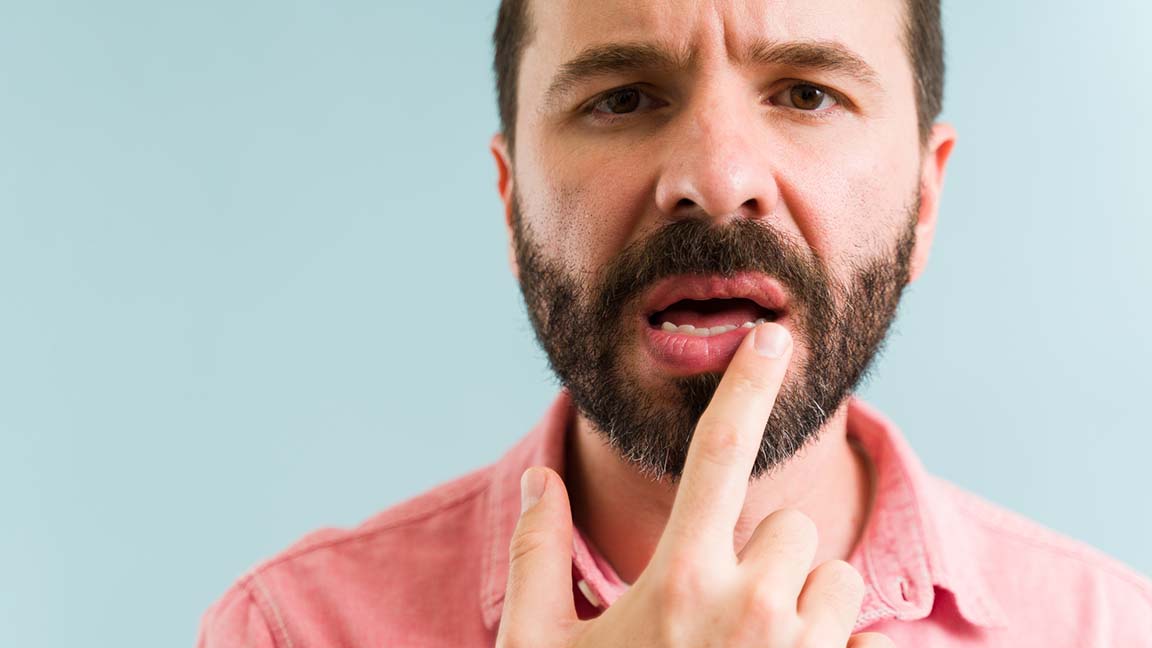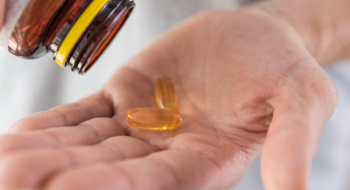Compared to the rest of our skin, lips are especially susceptible to changes in temperature, wind and humidity.
That’s because our lips lack the oil glands and more robust surface of the rest of our skin, says Dr. Alex Suda, a family medicine physician at Tidelands Health Pediatrics and Adult Medicine. Our lips actually have more in common with the fragile tissue lining the inside of our mouths than the rest of our face or body.
“As a result, your lips are more sensitive than other parts of your body,” says Dr. Suda.
So, you owe it to your kisser to keep it safe from cheilitis (the scientific term for chapping). Not only can proper lip care help keep your pucker looking pretty, avoiding chapped lips is particularly important for people who are at risk for complications, such as cold sores, that can be triggered by chapped lips.
Stay happy – and unchapped
Here are a few ways to keep your lips happy and healthy:
Hydrate. We may not sweat as much in winter, but wind and colder air still dry out our bodies. So, drink enough water.
Lick less. Dry lips prompt an almost instinctive impulse to lick. Bad idea. Licking can actually take moisture away from your lips, making them more susceptible to chapping. So will chewing on your lips.
Moisturize. When your lips start to burn, reach for the balm. You’re looking for something with lanolin, glycerin, petroleum jelly (Vaseline), shea butter, hemp seed oil or zinc oxide to lock in the moisture already in your skin. An SPF of 30 adds protection from the sun (yes, that’s important even in the winter).
No menthol. If your lip balm is stingy or zingy, it probably contains menthol, eucalyptus oil, peppermint or cinnamon. Those feel nice when applied, but they dry out your lips and can make chapping worse.
“The most common cause of the chapped lip is an irritant,” Dr. Suda says. “You could be making that worse by using things with menthol.”
Reapply regularly. Keep moisturizer in your pocket or purse to stay on top of things during the day. Follow up with one more application at bedtime to keep your lips moist as you breathe in your sleep.
If you experience chronic or persistent lip chapping or irritation, seek medical attention, Dr. Suda says, because those symptoms can be a sign of more serious health conditions, including infections or skin cancer.

Dr. Alex Suda
Family medicine physician at Tidelands Health Pediatrics and Adult Medicine
Bio
Dr. Alex Suda is a family medicine physician who offers care at Tidelands Health Pediatrics and Adult Medicine. Dr. Suda provides comprehensive health services including wellness checkups, minor surgical procedures and help controlling chronic conditions such as asthma and diabetes. He is a graduate of the Tidelands Health MUSC Family Medicine Residency Program.
Learn MoreMedical Education
Education
Ross University, School of Medicine
Residency
Tidelands Health MUSC Family Medicine Residency Program
Meet the Expert
Dr. Alex Suda
Dr. Alex Suda is a family medicine physician who offers care at Tidelands Health Pediatrics and Adult Medicine. Dr. Suda provides comprehensive health services including wellness checkups, minor surgical procedures and help controlling chronic conditions such as asthma and diabetes. He is a graduate of the Tidelands Health MUSC Family Medicine Residency Program.





